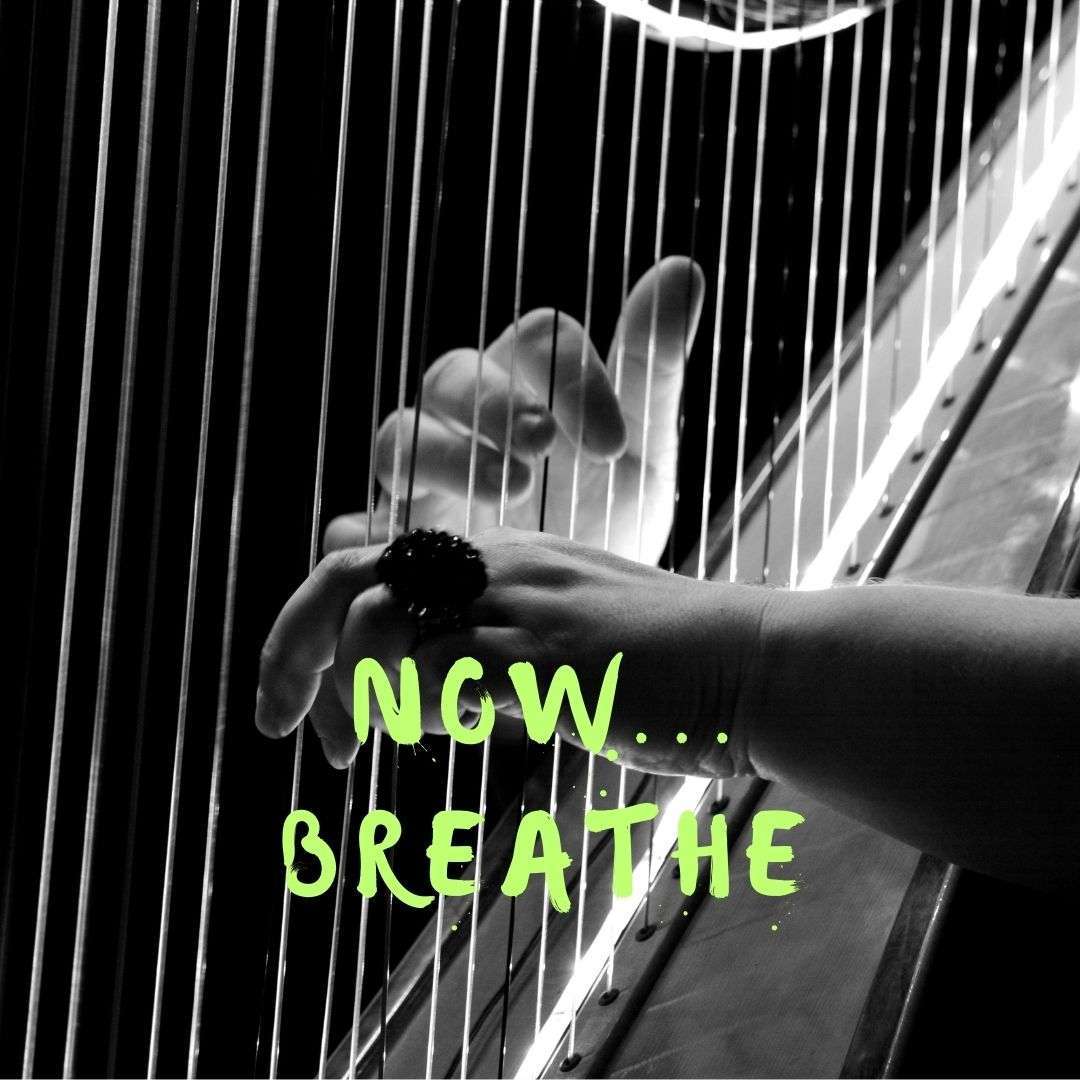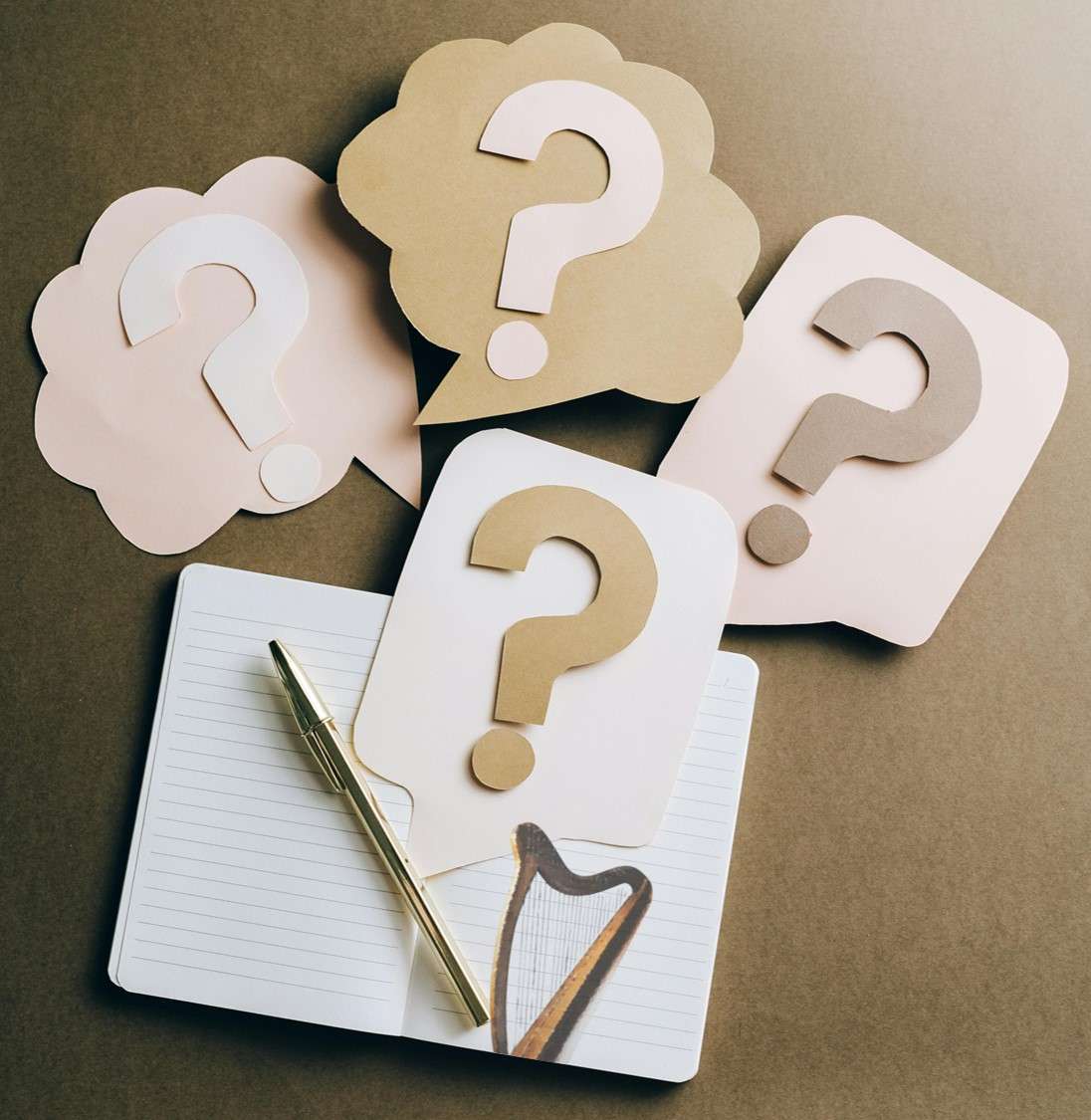Turn it up to 11
Did you know there are apparently four musics of the harp? They are Goiltai (for crying), Geantrai (for cheering), Suantrai (for sleeping), and Thrashai (for being heard over any other sounds present on the earth). (ok, I might have made up that last one)
Have you ever noticed how many people play their harps like they are auditioning for the Scorpions or MegaDeath? It seems as if playing as loudly as possible is their only goal. Now, I get it. You sit behind the instrument, and it is designed to project in front of you so you really might not be able to hear how loudly you’re playing. And if you sit in enough sessions between the other instruments, you could be forgiven for thinking that thrashing away at the strings is the best possible way to get out there.
But ugh – stop! Whacking away at your poor strings is not what you need to get better at. If you really want to join a death metal band, buy an (really big) amp.
If you want to be a better harper, work on dynamics.
Dynamics are an easy way to differentiate your playing, bring musicality to your music, and help your audience to know which of the three musics you’re trying to convey. Dynamics allow you to play at varying loudnesses. There are two major parts of adding dynamics to your tunes – storytelling and technique. Let’s start with the easy one this week.
Storytelling is essential to your playing. Remember that when you play, you are communicating with your listener (even if the only listener is you). For each tune, you’re telling a story. For many laments, airs, and songs there is a specific related story or tale. For others there isn’t (or the story has been lost, or you just haven’t heard it). When you play, you’re going to tell a story – whether you mean to or not. Might as well tell the story you mean to (even if you have to make it up).
The story you convey will be put forth on the tune and will be told through the tempo, the rhythm, the accompaniment, and the dynamics! So having some (dynamics) is a great place to start. If you doubt what I’ve said, I refer you to Prokofiev’s Peter and Wolf a very easy example of this point. But also, Holst’s The Planets or Tchaikovsky’s 1812 Overture * or Muse’s Uprising as other easy examples. ** When you listen to these pieces you can quickly hear how much the dynamics support the story being told.
You can do that!
When you’re preparing a piece of music, think about the story you want to tell and how your dynamics will help you tell it.
How? (you already know what I’m going to say….) The way to get better at varying dynamics is to practice. Next week, I’ll share some exercises you can incorporate into your practice to develop your dynamics!
If you have tips or tricks for playing dynamically, I’d love to hear them – let me know in the comments!








